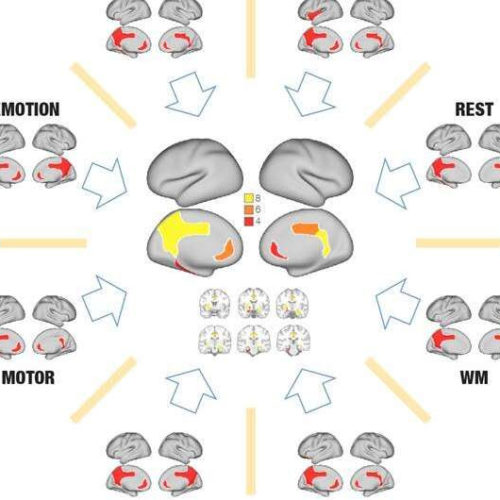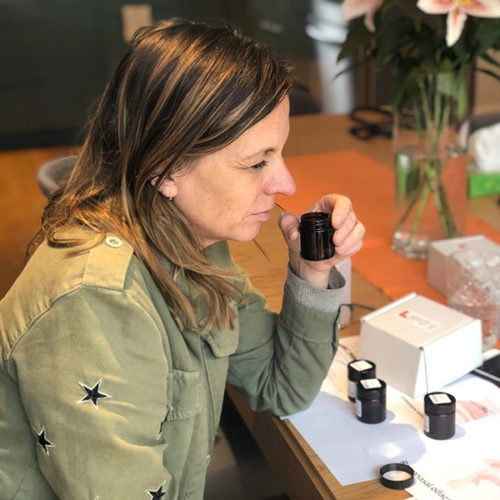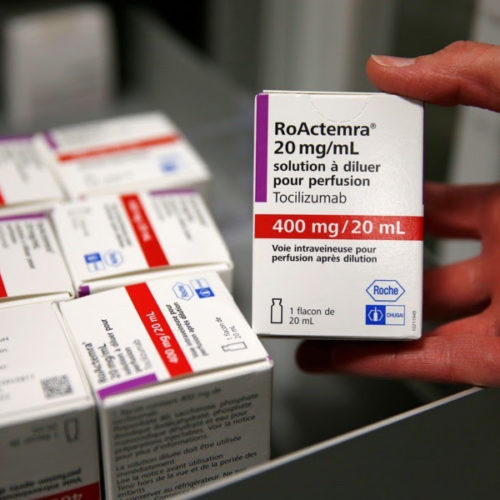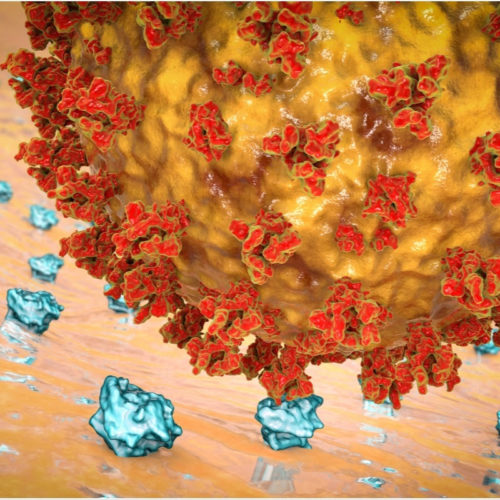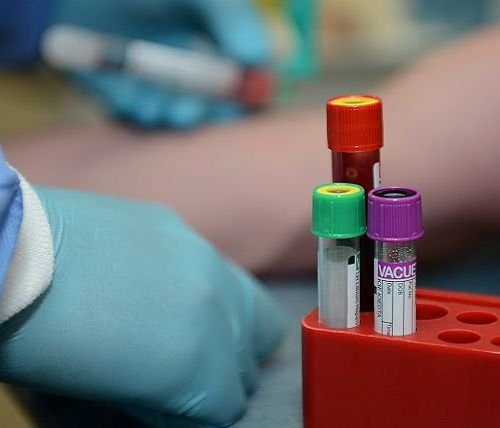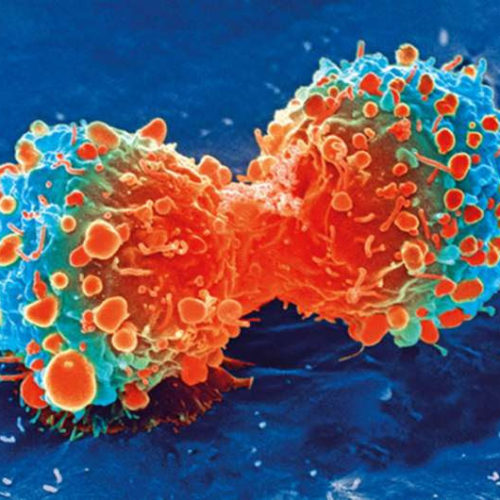SKOLKOVO INSTITUTE OF SCIENCE AND TECHNOLOGY (SKOLTECH) Researchers from Skoltech and the University of Texas Medical Branch (US) have shown how optoacoustics can be used for monitoring skin water content, a technique which is promising for medical applications such as tissue trauma management and in cosmetology. The paper outlining these results was published in the Journal of...
New delivery method promises relief from antipsychotic medication’s adverse side effects
MCMASTER UNIVERSITY IMAGE: MCMASTER ENGINEERING PROFESSOR TODD HOARE CREDIT: GEORGIA KIRKOS, MCMASTER UNIVERSITY HAMILTON, ON, Jan. 15, 2021 — A team of neuroscientists and engineers at McMaster University has created a nasal spray to deliver antipsychotic medication directly to the brain instead of having it pass through the body. The leap in efficiency means patients...
Revisiting the Global Workspace orchestrating the hierarchical organisation of the human brain
by Universitat Pompeu Fabra – Barcelona The new identification of the global workspace results from the intersection of key causal brain regions involved in orchestrating the performance of seven cognitive tasks and the resting state. Credit: Universitat Pompeu Fabra – Barcelona The celebrations in the 250th anniversary of the birth of Ludwig van Beethoven would...
COVID’s toll on smell and taste: what scientists do and don’t know
Michael Marshall One treatment for survivors of COVID-19 who have lost their sense of smell is ‘smell training’, in which they relearn prescribed scents, such as those of roses and lemons.Credit: Christine E. Kelly Early in the COVID-19 pandemic, it emerged that many people infected with the SARS-CoV-2 virus were losing their sense of smell...
Two anti-inflammatory drugs prevent COVID deaths
Nature wades through the literature on the new coronavirus — and summarizes key papers as they appear. Tocilizumab is used to treat rheumatoid arthritis but has also shown promise in treating severe COVID-19.Credit: Alamy 14 January — Two anti-inflammatory drugs prevent COVID deaths Two drugs that dampen the body’s immune response can save the lives of...
New antiviral repurposing study finds peptides that could prevent SARS-CoV-2-ACE2 binding
By Dr. Liji Thomas, MD Jan 15 2021 As the world continues to struggle with the coronavirus disease 2019 (COVID-19) pandemic, researchers are busy searching for pharmaceuticals that can effectively counteract the pathogen. This causative agent, the severe acute respiratory syndrome coronavirus 2 (SARS-CoV-2), infects through engagement via its spike protein with the host cell, attaching to the angiotensin-converting...
Virus Versus Virus: ‘ReScan’ Antibody Test is a Powerful New Tool
Serological tests, also known as “antibody tests,” are one of the foundations of clinical medicine, with a particularly important role in infectious disease. They can detect active infections, but can also identify past exposures to infectious agents. These are both important pieces of information that can guide clinical care, and help explain why some people...
Basis for the essential cellular powerhouses
UNIVERSITY OF FREIBURG IMAGE: MODEL OF BETA-BARREL MEMBRANE PROTEIN PORE BIOGENESIS AT THE SORTING AND ASSEMBLY MACHINERY (SAM) OF THE OUTER MITOCHONDRIAL MEMBRANE. CREDIT: ILLUSTRATION: NILS WIEDEMANN Mitochondria are vital for the human body as cellular powerhouses: They possess more than 1,000 different proteins, required for many central metabolic pathways. Disfunction of these lead to...
Study demonstrates efficacy of new treatment for neurofibromatosis type 1-related tumors
by Children’s Hospital of Philadelphia Credit: CC0 Public Domain Based on preclinical studies of an investigational drug to treat peripheral nerve tumors, researchers at Children’s Hospital of Philadelphia (CHOP) as part of the Neurofibromatosis Clinical Trials Consortium have shown that the drug, cabozantinib, reduces tumor volume and pain in patients with the genetic disorder neurofibromatosis type 1 (NF1)....
An unexpected, and novel, target for prostate cancer—our biological clock
by Thomas Jefferson University Cancer cell during cell division. Credit: National Institutes of Health Our biological or circadian clock synchronizes all our bodily processes to the natural rhythms of light and dark. It’s no wonder then that disrupting the clock can wreak havoc on our body. In fact, studies have shown that when circadian rhythms are...


